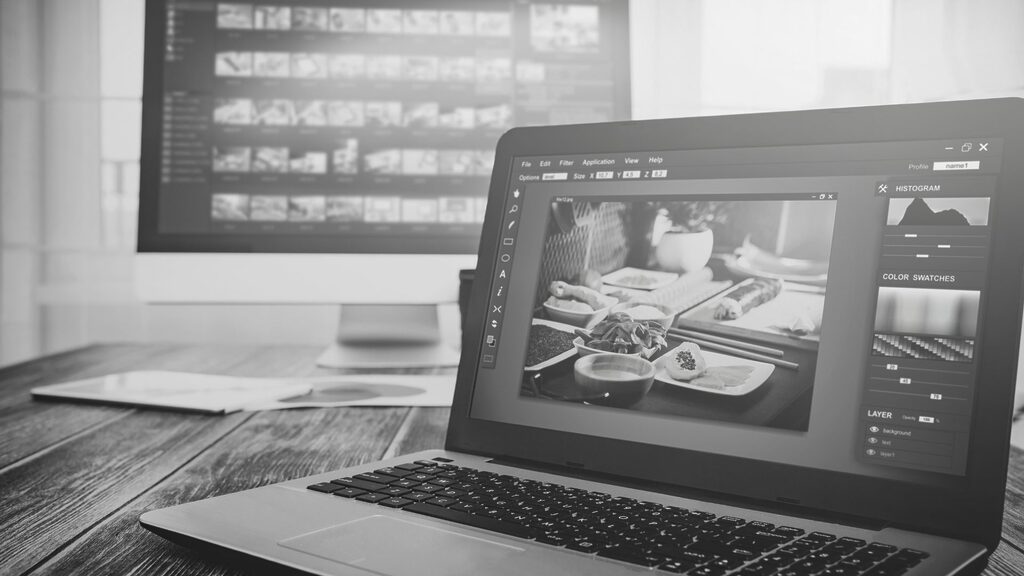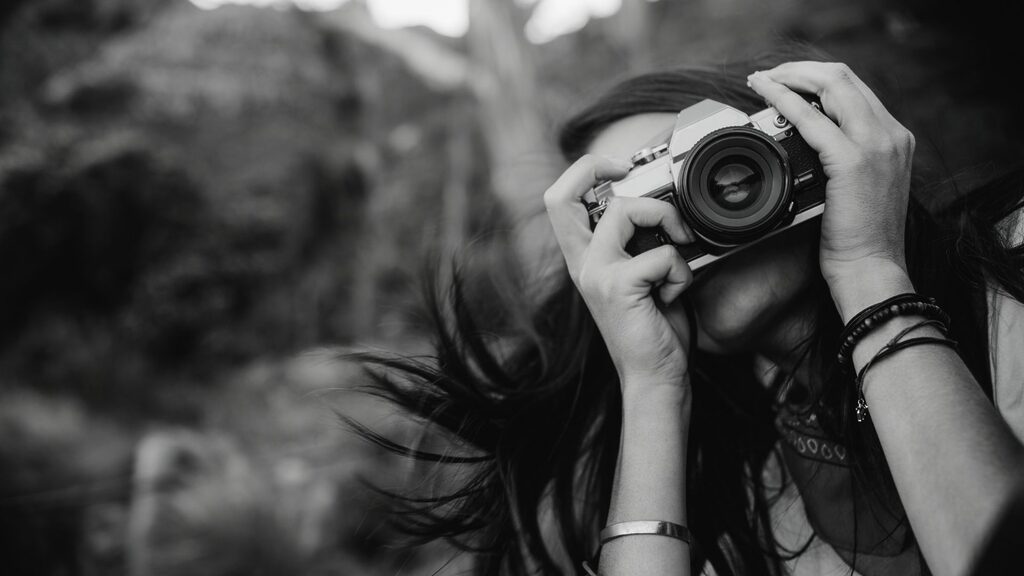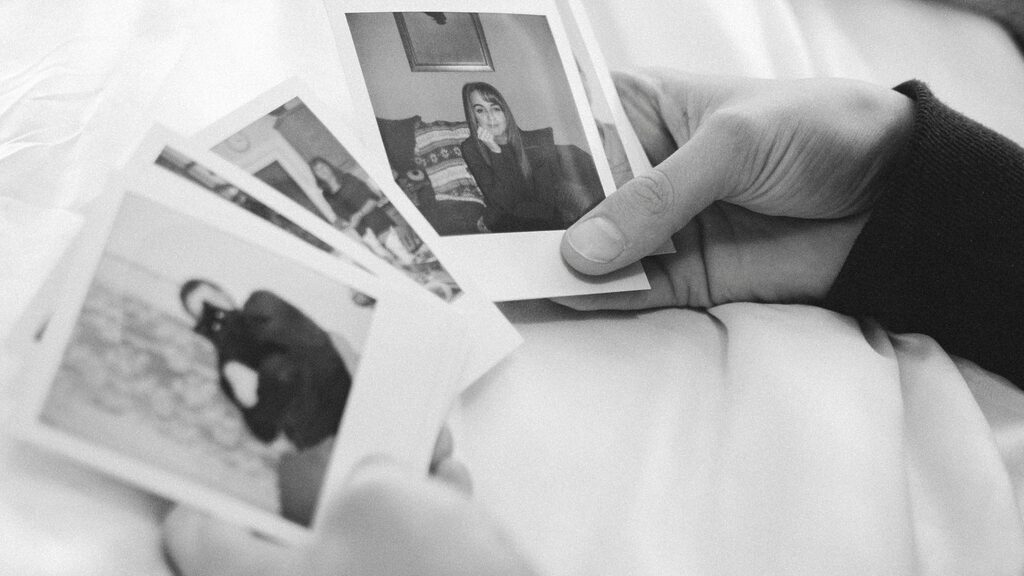Google’s latest phone promises to turn life’s memories into perfect experiences and flawless smiles thanks to artificial intelligence. Against digital perfection, the return to analogue shooting offers a way to rediscover the beauty of imperfection.
Taking photos of the meaningful moments goes beyond the obsession with sharing them on social media or the like. These images represent fragments, memories to leaf through when the day is particularly long or to share with friends and family. There is a desire to capture the essence of a moment.
This experience, amplified by the advent of smartphones equipped with increasingly advanced cameras, is reaching a new level of evolution by incorporating artificial intelligence technologies.
Artificial Intelligence in everyday shots
In the process of developing the features of the new Pixel 8 Pro, Google has not considered those who find satisfaction in the challenge of capturing the perfect image without the excessive aid of technology.
The “magic editor” feature allows you to seamlessly retouch images using AI, while the “best take” can replace key elements in your photos. This might simplify the process, but the question arises as to whether it is really necessary.
Who said that in photos we always have to smile? What space will bizarre grimaces and shadow effects ever have?

A history that repeats itself?
As early as 1931, Walter Benjamin in his “Little History of Photography” discussed the magic inherent in early photographs and the loss of this “aura” in later photographs. This concept can also be applied to modern photographic technologies.
While progress offers the possibility of capturing more and more details (ending up as in our case also creating them from nothing), it is appropriate to ask ourselves if we are sacrificing authenticity and surprise for artificial perfection. And when we talk about perfection, what canons are we referring to?
Analogue as a form of digital detox
At a time when artificial intelligence is beginning to colonize our present, we could think of restoring materiality at least to our photographic memories. Just like with dumbphones, opting for an analogue approach becomes a back-to-roots experience, a way of capturing moments with genuineness and honesty.
The tactile sensation of handling an analog camera, loading film, and feeling the mechanical click of the shot creates a more intimate connection with the photographic process, allowing you to fully appreciate the beauty of the surrounding reality without the distractions.

The art of capturing the imperfect
The magic of analogue photography lies in its ability to capture reality without the filter of digital perfection. Without the wide range of options for retouching and editing images, analogue photography forces us to trust our ability to take the perfect photo from the start. This authenticity adds intrinsic value to the images, creating a deeper bond between the photographer and the subject.
Another significant advantage of using an analog camera is its less invasive nature in the photographic process. Without the need to digitally correct and edit, we can focus more on finding the raw beauty of life. The spontaneity and immediacy of analogue photos capture moments in their purest form, without the need for post-production manipulation.

Does photography need artificial intelligence?
The latest tools examined in this article seem to be used mainly to make representations of reality more uniform to pre-established standards. This raises questions about the true purpose of such innovations and whether we should reconsider how to use them to enrich the memory capture experience.
The observation of new digital phenomena is also part of the process of understanding the relationship between technological development and human well-being. As Digital Detox Design we are committed to proposing an analysis capable of inspiring a greater balance in this relationship, deepening the intimate links between technology and knowledge, without getting caught up in meaningless nostalgia but also not by an uncritical enthusiasm for the new.
What about you? How will you take the next photo?
